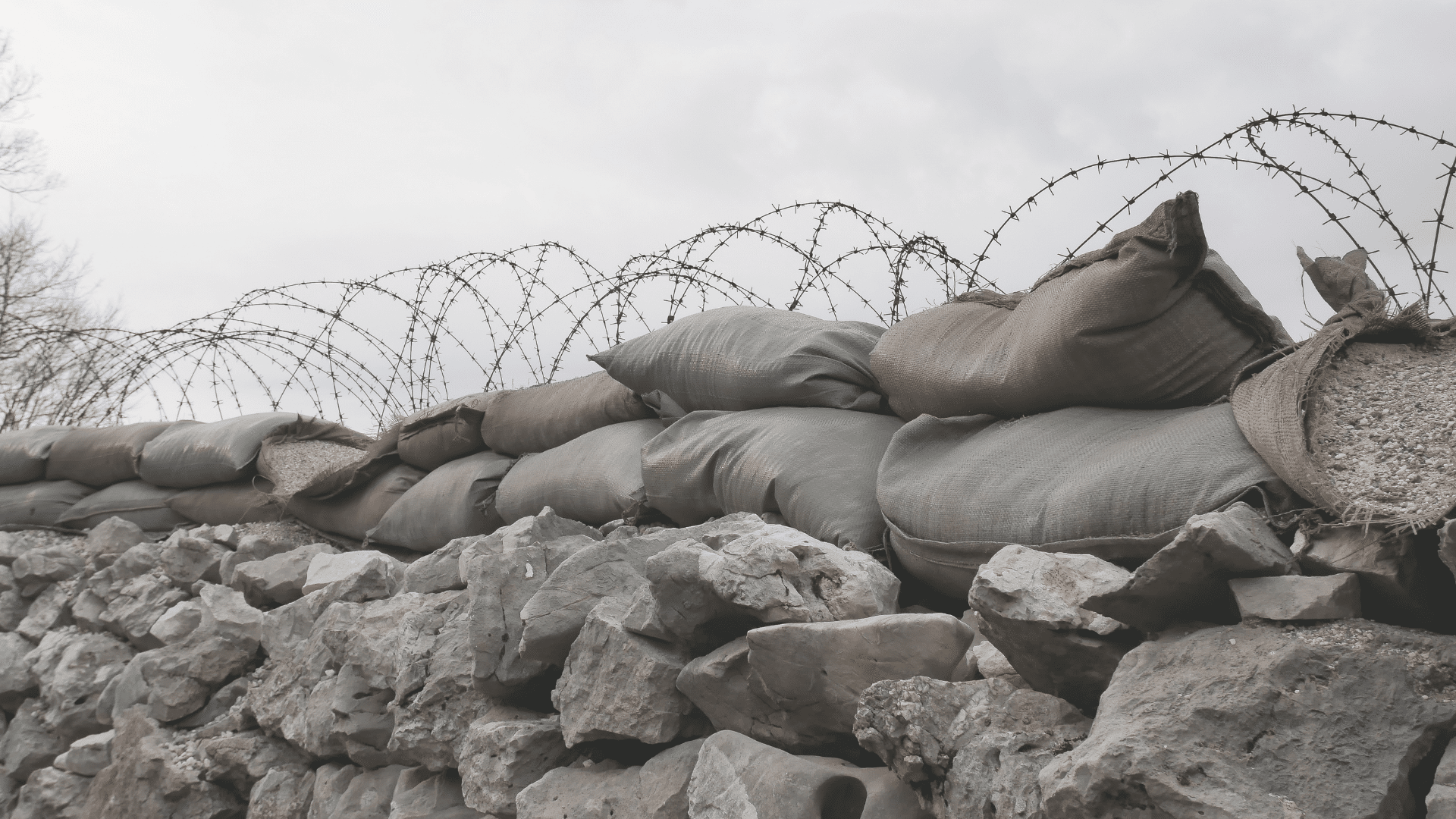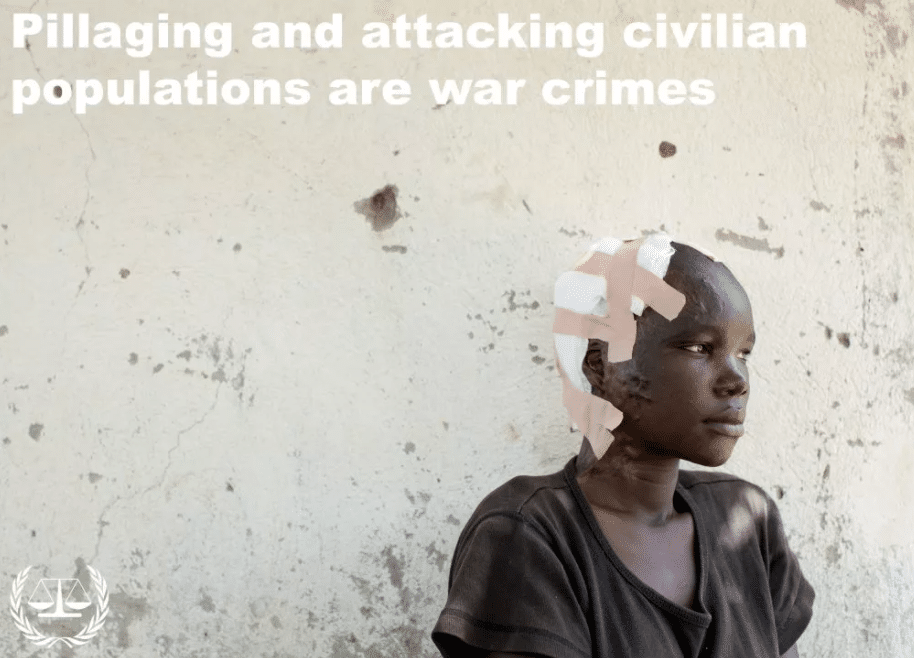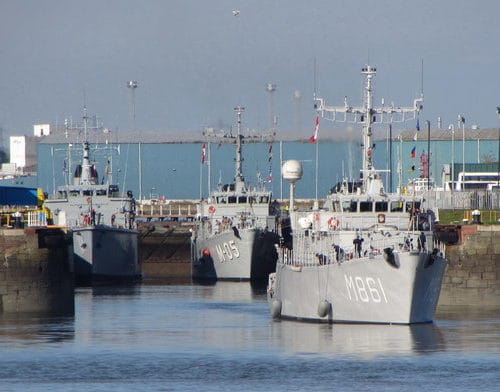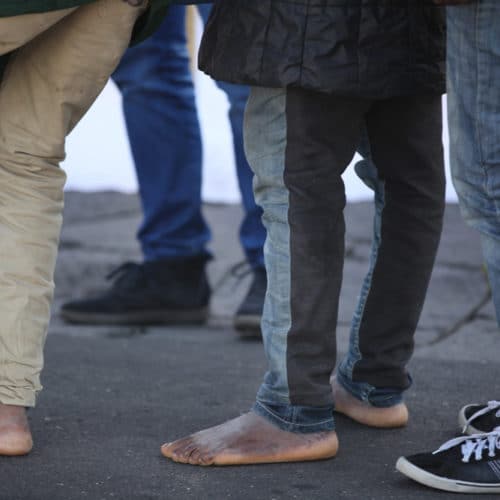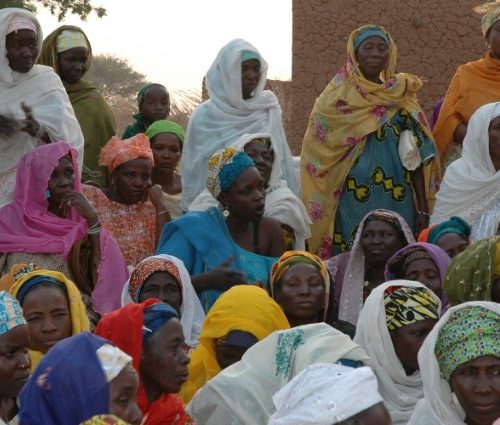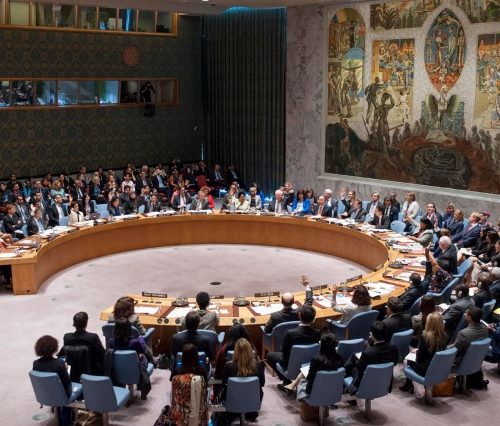This Border Criminologies blog series takes a closer look at the intersections of humanitarian reason with penal governance, and particularly the transfer of penal power beyond the nation state.
23.05.2019
Kjersti Lohne (University of Oslo)
This is the first post in a six-part series on ‘Penal Humanitarianism’, edited by Kjersti Lohne. The posts center around Mary Bosworth’s concept and Kjersti Lohne’s development of penal humanitarianism, and how penal power is justified and extended through the invocation of humanitarian reason. The blog posts were first posted on the “Border Criminologies” blog, and are re-posted here.
Introducing the new themed series on penal humanitarianism
Humanitarianism is many things to many people. It is an ethos, an array of sentiments and moral principles, an imperative to intervene, and a way of ‘doing good’ by bettering the human condition through targeting suffering. It is also a form of governance. In Border Criminologies’ new themed series, we look closer at the intersections of humanitarian reason with penal governance, and particularly the transfer of penal power beyond the nation state.
The study of humanitarian sentiments in criminology has mainly focused on how these sensibilities have ‘humanised’ or ‘civilised’ punishment. As such, the notion of humanism in the study of crime, punishment, and justice is associated with human rights implementation in penal practices and with normative bulwark against penal populism; indeed, with a ‘softening’ of penal power.
This themed series takes a slightly different approach. While non-punitive forces have a major place in the humanitarian sensibility, we explore how humanitarianism is put to work on and for penal power. In doing so, we look at how muscular forms of power – expulsion, punishment, war – are justified and extended through the invocation of humanitarian reason.
In the following post, Mary Bosworth revisits themes from her 2017 article and addresses current developments on UK programmes delivered overseas to ‘manage migration’. She shows that through an expansion of these programmes, migration management and crime governance has not only elided, but ‘criminal justice investment appears to have become a humanitarian goal in its own right’. Similarly concerned with what happens at the border, Katja Franko and Helene O.I. Gundhus observed the paradox and contradictions between humanitarian ideals in the performative work of governmental discourses, and the lack of concern for migrants’ vulnerability in their article on Frontex operations.
However, in their blog post they caution against a one-dimensional understanding of humanitarianism as legitimising policy and the status quo. It may cloud from view agency and resistance in practice, and, they argue, ‘the dialectics of change arising from the moral discomfort of doing border work’. The critical, difficult question lurking beneath their post asks what language is left if not that of the sanctity of the human, and of humanity.
Moving outside the European territorial border, Eva Magdalena Stambøl however corroborates the observation that penal power takes on a humanitarian rationale when it travels. Sharing with us some fascinating findings from her current PhD work on EU’s crime control in West Africa, and, more specifically, observations from her fieldwork in Niger, she addresses how the rationale behind the EU’s fight against ‘migrant smugglers’ in Niger is framed as a humanitarian obligation. In the process, however, the EU projects penal power beyond Europe and consolidates power in the ‘host’ state, in this case, Niger.
Moving beyond nation-state borders and into the ‘international’, ‘global’, and ‘cosmopolitan’, my own research demonstrates how the power to punish is particularly driven by humanitarian reason when punishment is delinked from its association with the national altogether. I delve into the field of international criminal justice and show how it is animated by a humanitarian impetus to ‘do something’ about the suffering of distant others, and how, in particular, the human rights movement have been central to the fight against impunity for international crimes. Through the articulation of moral outrage, humanitarian sensibilities have found their expression in a call for criminal punishment to end impunity for violence against distant others. However, building on an ethnographic study of international criminal justice, which is forthcoming in the Clarendon Studies in Criminology published by Oxford University Press, I demonstrate how penal power remains deeply embedded in structural relations of (global) power, and that it functions to expand and consolidate these global inequalities further. Removed from the checks and balances of democratic institutions, I suggest that penal policies may be more reliant on categorical representations of good and evil, civilisation and barbarity, humanity and inhumanity, as such representational dichotomies seem particularly apt to delineate the boundaries of cosmopolitan society.
In the next post I co-wrote with Anette Bringedal Houge, we address the fight against sexual violence in conflict as penal humanitarianism par excellence, building on our study published in Law & Society Review. While attention towards conflict-related sexual violence is critically important, we take issue with the overwhelming dominance of criminal law solutions on academic, policy, and activist agendas, as the fight against conflict-related sexual violence has become the fight against impunity. We observe that the combination of a victim-oriented justification for international justice and graphic reproductions of the violence victims suffer, are central in the advocacy and policy fields responding to this particular type of violence. Indeed, we hold that it epitomises how humanitarianism facilitates the expansion of penal power but take issue with what it means for how we address this type of violence.
In the final post of this series, Teresa Degenhardt offers a discomforting view on the dark side of virtue as she reflects on how penal power is reassembled outside the state and within the international, under the aegis of human rights, humanitarianism, and the Responsibility to Protect-doctrine. Through the case of Libya, she claims that the global north, through various international interventions, ‘established its jurisdiction over local events’. Through what she calls a ‘pedagogy of liberal institutions’, Degenhardt argues that ‘the global north shaped governance through sovereign structures at the local level while re-articulating sovereign power at the global level’, in an argument that, albeit on a different scale, parallels that of Stambøl.
The posts in this themed series raise difficult questions about the nature of penal power, humanitarianism, and the state. Through these diverse examples, each post demonstrates that while the nation state continues to operate as an essential territorial site of punishment, the power to punish has become increasingly complex. This challenges the epistemological privilege of the nation state framework in the study of punishment.
However, while this thematic series focuses on how penal power travels through humanitarianism, we should, as Franko and Gundhus indicate, be careful of dismissing humanitarian sensibilities and logics as fraudulent rhetoric for a will to power. Indeed, we might – or perhaps should – proceed differently, given that in these times of pushback against international liberalism and human rights, and resurgent religion and nationalism, humanitarian reason is losing traction. Following an unmasking of humanitarianism as a logic of governance by both critical (leftist) scholars and rightwing populism alike, perhaps there is a need to revisit the potency of humanitarianism as normative bulwark against muscular power, and to carve out the boundaries of a humanitarian space of resistance, solidarity and dignity within a criminology of humanitarianism. Such a task can only be done through empirical and meticulous analysis of the uses and abuses of humanitarianism as an ethics of care.


